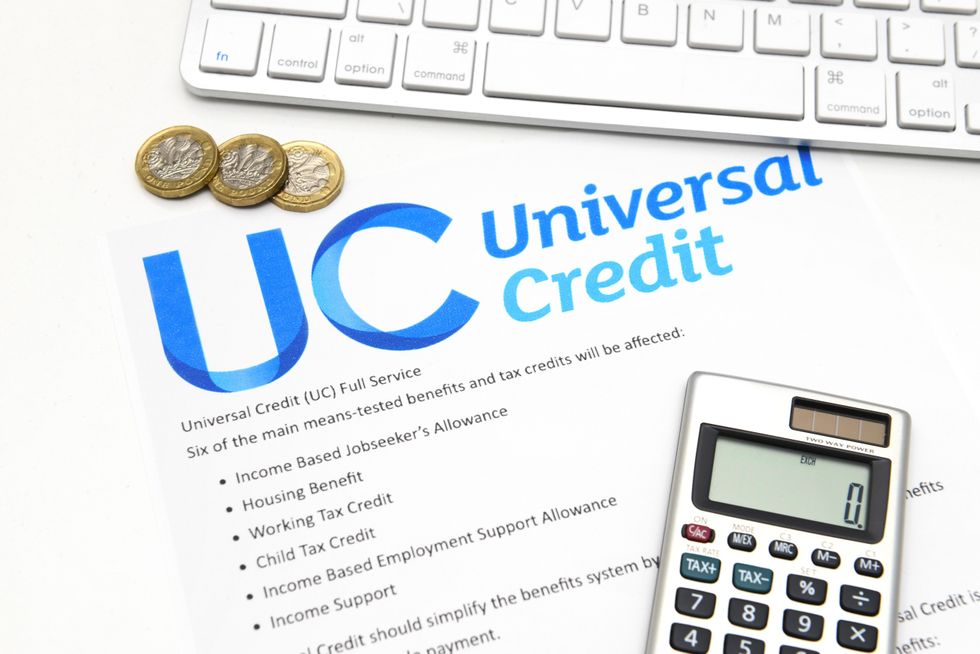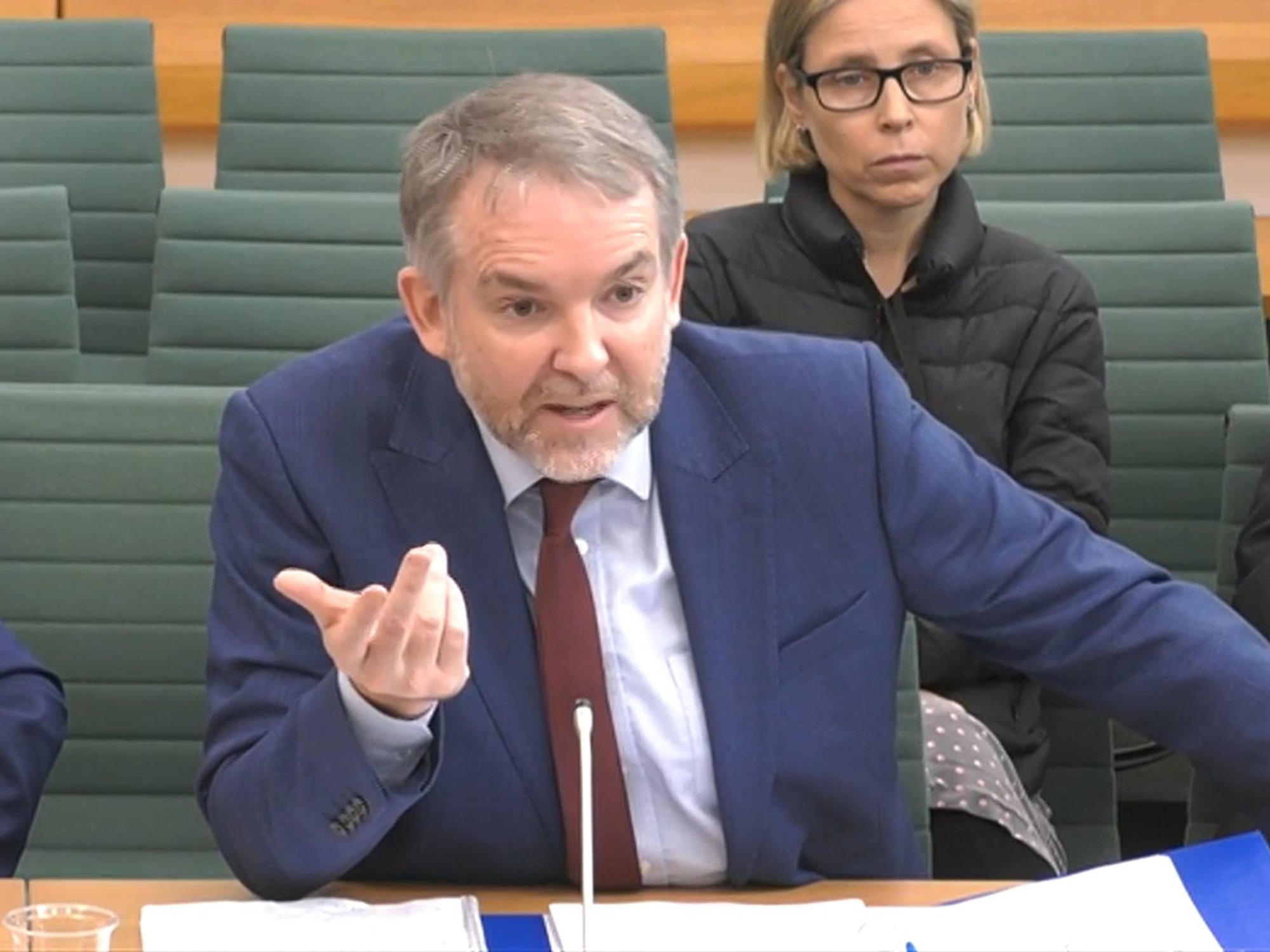Universal Credit rules have changed - thousands will need to spend more time looking for work

Universal Credit decreases as a person earns more, although some can benefit from the work allowance
|GETTY

The Universal Credit rule changes will affect parents
Don't Miss
Most Read
Latest
The Department for Work and Pensions (DWP) has increased the maximum number of hours parents on Universal Credit need to spend either in work or looking for jobs today.
Thousands of parents of three to 12-year-olds will now have to agree with their Work Coach to spend more time in work or applying for jobs, up to a maximum of 30 hours per week.
Eligible Universal Credit recipients will need to agree to these new commitments at their next scheduled meeting with their Work Coach.
If a person fails to meet their claimant commitment, they could see their Universal Credit stopped or reduced – known as a sanction.

Universal Credit rules have changed, affecting parents
|GETTY
Prior to today’s change, parents of three and four-year-olds were expected to commit to a maximum of 16 hours per week.
Parents of five to 12-year-olds had to commit to spending a maximum of 25 hours searching for work each week.
The DWP said the commitments will be tailored to parents’ personal circumstances, including the availability of childcare.
Alongside local Jobcentre support, the hours spent looking for work could include time updating CVs or developing skills through courses and workshops.
Secretary of State for Work and Pensions, Mel Stride MP said: “We are pulling down barriers that stop parents working and fulfilling their potential, because we know full time work not only benefits mum and dad but the whole family too.
“These changes will support thousands on their back to work journey.
“We’re backing working families, and as they step up for their careers, we are taking action to halve inflation, grow the economy and make everyone’s money go further.”
Parents with children over 12 are expected to work up to 35 hours a week, or spend up to 35 hours a week on work-related activities such as applying for jobs.
How do earnings affect Universal Credit payments?
There is no limit on how many hours a person can work when getting Universal Credit.
If a person or their partner is employed, how much Universal Credit they get will depend on how much their earnings are.
Universal Credit reduces as one earns more.
For every £1 a person or their partner earns, their payment is reduced by 55 pence.
LATEST DEVELOPMENTS:

Secretary of State for Work and Pensions, Mel Stride MP said 'full time work not only benefits mum and dad but the whole family too'
|PA
It’s possible to use a benefits calculator to see how increasing hours or starting a new job could affect a Universal Credit payment.
It may be a person can earn a certain amount before their Universal Credit is reduced, known as the work allowance.
This may apply if a person or their partner is responsible for a child or young person, or they live with a disability or health condition that affects their ability to work.
The work allowance is lower if a person gets help with housing costs.
For people who get help with housing costs, the monthly work allowance is £379.
The monthly work allowance for those who don’t get help with housing costs is £631.










